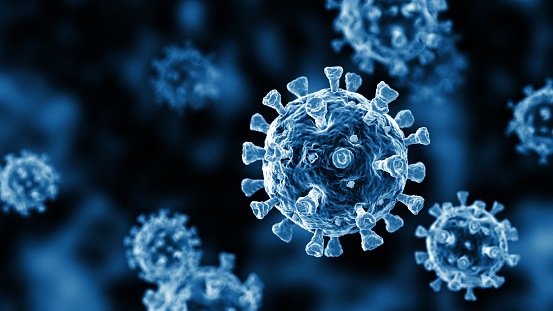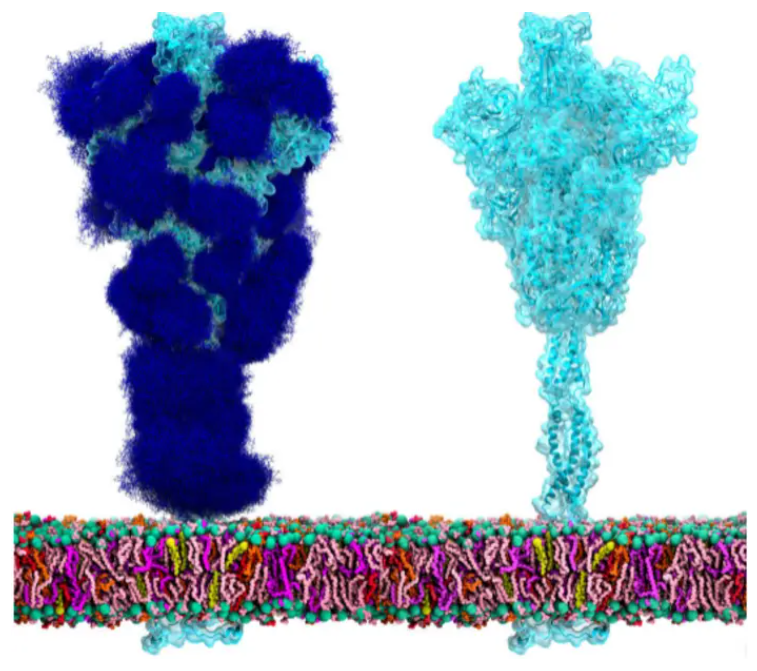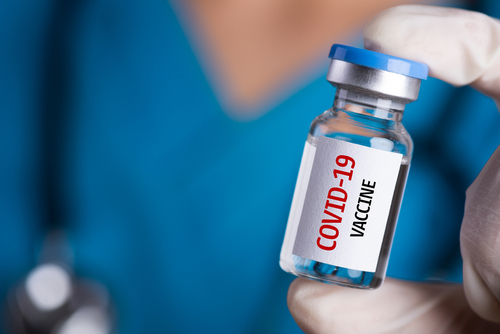
Kidney Week 2020
Among kidney transplant recipients, coronavirus disease 2019 (COVID-19) is associated with increased morbidity. Yorg Al Azzi, MD, and colleagues at Montefiore Medical Center, Bronx, New York, conducted a retrospective analysis designed to identify risk factors among kidney transplant recipients hospitalized with COVID-19.
Results of the analysis were reported during a virtual poster session at ASN Kidney Week 2020. The poster was titled Clinical Outcomes of Hospitalized Kidney Transplant Recipients with COVID-19 in a Predominantly Minority Population.
Among a cohort of 75 patients, 37% (n=28) died at a median 8 days (range, 1-36 days) following admission to the hospital. The majority of patients in the overall cohort were Hispanic (54%) and African American (32%). Hypertension and diabetes mellitus were common comorbidities (97% and 65%, respectively). There were no differences between the two groups (survivors and non-survivors) in sex, type of transplant, time from transplant, immunosuppressive medications, medical comorbidities, presenting symptoms, temperature, or pulse oximetry on admission.
At admission, most patients were lymphopenic, had low CD3/CD4/CD8 counts, and had higher inflammatory markers (ferritin, d-dimer, C-reactive protein, procalcitonin, interleukine-6 [IL-6] levels). Procalcitonin, IL-6, and pro-brain natriuretic peptide (pro-BNP) levels were statistically significantly higher among non-survivors compared with survivors.
More patients in the non-survivor group required treatment in the intensive care unit (64% vs 13%; P<.001), intubation (57% vs 11%; P<.001), and renal replacement therapy (32% vs 17%; P=.17), compared with those who survived. There were no differences between the two groups in secondary bacterial infections, cytomegalovirus viremia, deep vein thrombosis, or stroke.
In multivariate analysis, there were associations between body mass index (BMI) (odds ratio [OR], 1.15; 95% confidence interval [CI], 1.04-1.30; P=.017 per unit increase), higher procalcitonin (OR, 4.16; 95% CI, 1.09-18.87; P=.046), and pro-BNP levels (OR, 1.017; 95% CI, 1.002-1.034; P=.039 per 100 unit increase) on admission and increased mortality.
In summary, the researchers said, “COVID-19 is associated with increased mortality (37%) in our transplant kidney recipients, and higher BMI, procalcitonin, and pro-BNP levels at admission are associated with mortality.”
Source: Al Azzi Y, Ajaimy M, Liriano-Ward LE, et al. Clinical Outcomes of hospitalized kidney transplant recipients with COVID-19 in a predominantly minority population. Abstract of a poster presented at the American Society of Nephrology virtual Kidney Week 2020 (Abstract PO0764), October 22, 2020.







 © 2025 Mashup Media, LLC, a Formedics Property. All Rights Reserved.
© 2025 Mashup Media, LLC, a Formedics Property. All Rights Reserved.